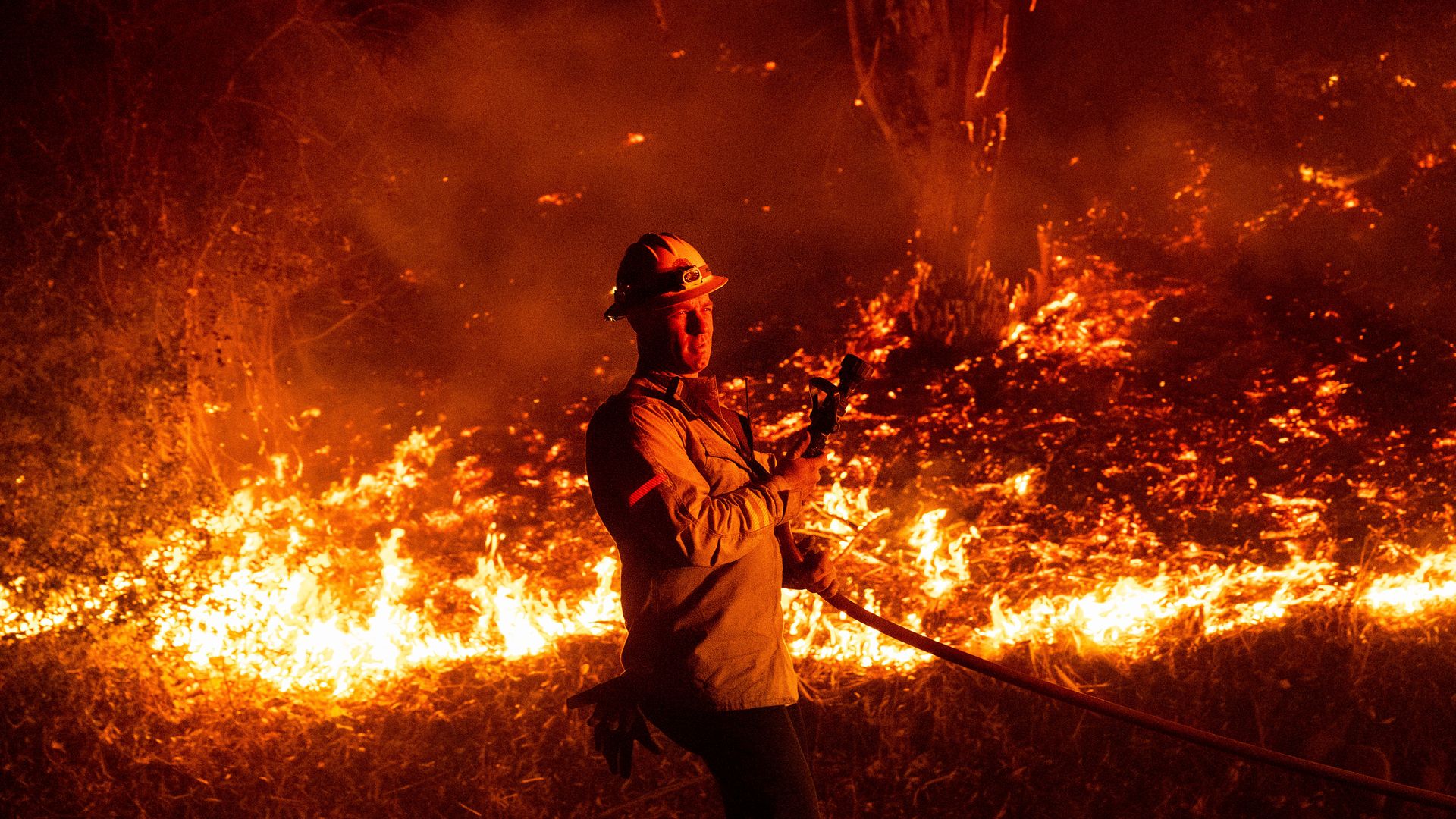
The BDN Opinion section operates independently and does not set news policies or contribute to reporting or editing articles elsewhere in the newspaper or on bangordailynews.com.
Debra Dunlap has more than 20 years of professional experience supporting families navigating multiple stressors, including involvement with Maine Child Protective Services. Shawn Yardley recently retired after Community Concepts. Prior to that, he worked for 17 years in Maine’s child welfare division, including 15 years as a child protective caseworker and regional administrator. They are founding members of the Maine Child Welfare Action Network.
We all care deeply about the safety and well-being of Maine children.
Our state’s child protective response has been under intense public scrutiny since the deaths of four children in the summer of 2021. Some improvements to the child welfare system will take time to implement and yield measurable results. There are also actions we can and must take now. It’s essential we invest in families to prevent the need for child protective involvement, and strengthen support for our child welfare workforce to ensure that children are safe.
The Maine Child Welfare Action Network recently released our 2024 Strategic Child Welfare System Priorities. We believe this serves as a roadmap for how we can improve child safety, family well-being, and the state’s child protective response. It includes recommendations and actions the Legislature and state and community partners can take now as meaningful efforts to improve child safety.
Preventing child abuse and neglect is possible, and we know how to do it: investing in families by providing economic and concrete supports like cash assistance, child care, health care, and access to supportive services. Research shows these things work to reduce child abuse and neglect – and they are much less costly than the foster care system. Conditions of poverty are a significant driving factor in child protective involvement. Our investments in public benefit programs that alleviate family economic stress must reflect our recognition that this is a critical way to keep children safe and with their families. These supports also provide connection to education and employment that can lead to long-term family economic security.
Failures in one system can lead to failures in another. Child protection can’t work as intended when community-based services are unavailable. While investments have been made in recent years to improve access, we must do more to ensure there is a full range of services statewide that address the primary challenges that bring families into child protective involvement — mental health, substance use disorder, and domestic abuse and violence. Priority should be given to services that are low-barrier and provide peer support, to ensure they are accessible and supportive for families.
Next, we must stabilize and strengthen support for frontline staff and leadership across the child welfare division. Child safety issues cannot be fully addressed until caseworkers have the capacity to do their jobs effectively. A comprehensive plan to improve the child welfare division with short- and long-term goals should be developed, and measures of progress should be regularly publicly reported. Within this plan, efforts to support and retain caseworkers should be prioritized. This should include additional case aides and legal secretaries to reduce workload; coaching and mentoring for leadership and frontline staff; ongoing training opportunities; special teams to deal with complex cases; improving culture and job satisfaction; and continued investment to fix critical technology.
Caseworkers have shared that they are overwhelmed, and feel their jobs are not understood by the Legislature and the public. It’s important that we recognize our public conversations about child protection have an impact on staff morale and retention. Instead of repeating the message that the system is broken, we must work together with the people doing this critical work every day to make the changes that ensure agency staff have the tools and time they need to keep children safe.
We all have a role to play in child safety and well-being. Children live in families, and too many families are struggling. We must do much more to ensure parents live in communities where they feel comfortable asking for help, and are able to get what they need, when they need it, to provide care for their children.
We will only be as successful as our willingness to step up and work together — across agencies, in communities, and with families. Now is the moment for us to take action to ensure all Maine children have the opportunity to grow up safe and supported.












